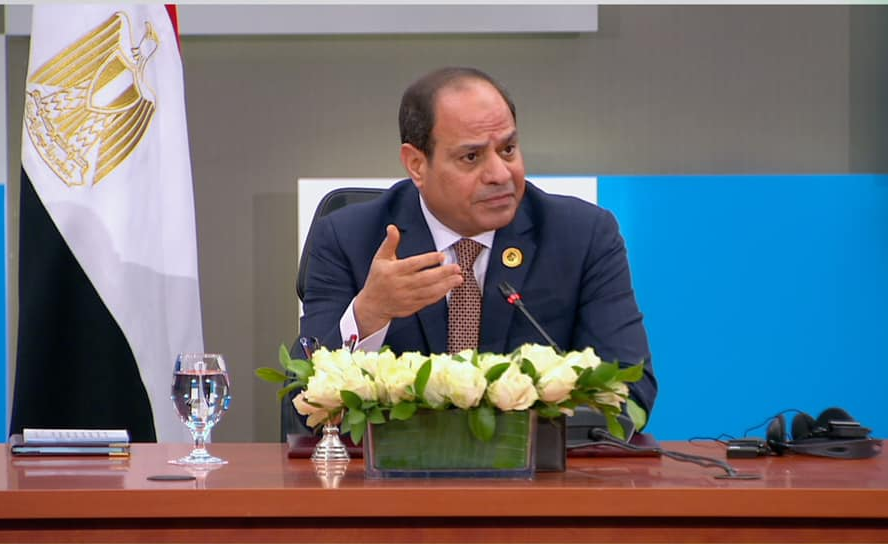Once hailed by many people as a saviour, Egypt’s strongman leader, Abdul Fattah al-Sisi, is now seen in a very different light.
Egyptians who took to the streets to cheer for the general-turned-president a decade ago are not as happy as they hoped they would be.
As Mr. Sisi runs for his third consecutive term as president next week, a crumbling economy is top of most people’s list of complaints. In the past nine months, the Egyptian pound has lost more than 50% of its value against the US dollar.

With the Egyptian economy heavily dependent on imports, the prices of basic commodities have skyrocketed beyond the reach of many households, and a black market for foreign currency has flourished.
Since Mr. Sisi became president in 2014—a year after he led the military’s overthrow of his Islamist predecessor, Mohammed Morsi—huge sums of money have been spent on huge infrastructure projects.
Roads have been expanded, flyovers built, and a new capital costing billions of dollars has been constructed near Cairo, which is barely inhabited.
Critics say this “financial imprudence” has drained much of the country’s economic resources and created unprecedented levels of debt that have crippled the economy.
The president’s supporters believe the urban expansion has made people’s lives easier and will help attract much-needed foreign investment, eventually ushering in more prosperous times.
Despite the widespread discontent, Egyptians have not got much choice in this election, seen by many as a one-horse race.
Opposition groups complain that they cannot operate effectively due to a constant crackdown on dissent.
Although three low-profile politicians are running against the president, many people believe the outcome of the vote is not in question—Mr. Sisi will easily win a new six-year term in office.
One potential frontrunner in the Egypt election was former MP Ahmed Tantawy, but he dropped out of the race after failing to gather the required number of endorsements from members of the public.
In October, he accused the authorities of arresting nearly 100 members of his campaign to discourage him from running.
Mr. Tantawy is now on trial, facing charges of printing and circulating election papers without authorization.
Like opposition politicians, human rights campaigners are also complaining about tight security restrictions. They say it is increasingly difficult to document alleged abuses.


